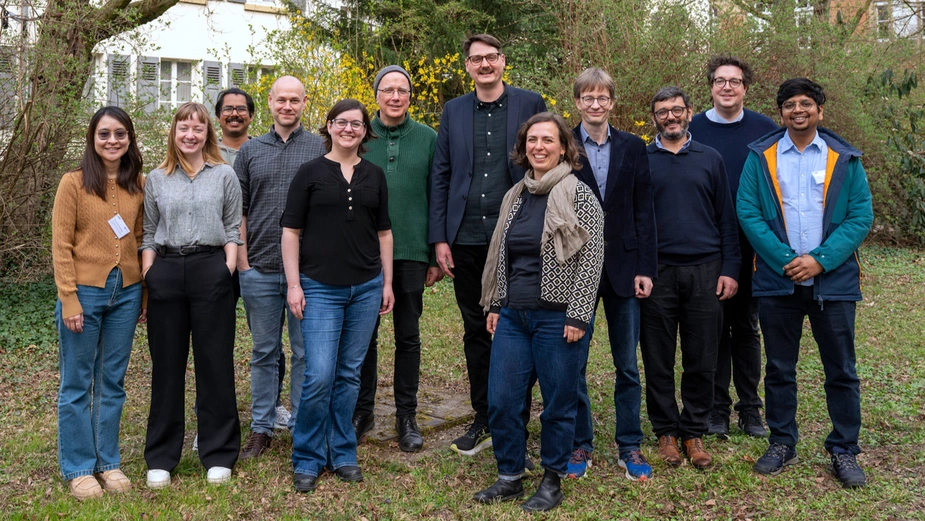Initiative launched for better use of data in the energy sector
OEO Foundry aims to make energy research more efficient, transparent and sustainable
At the end of March, representatives of the Reiner Lemoine Institute (RLI) of the Universities of Osnabrück and Oldenburg as well as the affiliated institute OFFIS – Institute of Computer Science founded the Open Energy Ontologies Foundry (OEO Foundry). The new initiative aims to develop structured knowledge models (ontologies) for the energy sector and thus make energy research more efficient, transparent and sustainable. The foundation took place at the second NFDI4Energy conference in Karlsruhe.
Ludwig Hülk, researcher in the unit Transformation of Energy Systems at RLI, is one of the initiators. Together with other experts involved, he wants to improve data structuring and networking in the energy sector. This helps different research projects to work together more easily, for example, because they use a common understanding of the term. At the same time, the machine processing of information – for example through artificial intelligence (AI) or automated analyses – is simplified. The ontologies follow the FAIR principles and are therefore Findable, Accessible, Interoperable and Reusable.
Common terms for the energy transition
An ontology is a structured collection of terms and their relationships to each other. It describes a specific subject area and creates a common vocabulary. Energy system planners have to bring together many data sources – for example on electricity consumption, renewable generation plants, storage systems or grids. Without uniform terms, misunderstandings or technical hurdles can arise.
The ontology ensures that actors from science, business or administration, for example, mean the same thing when they speak of “photovoltaic system”, “electricity mix” or “capacity”. In addition, energy models that use the same terms can be better combined and compared.
Who benefits from the OEO Foundry?
The OEO Foundry helps researchers, developers, modelers and decision-makers in the energy sector. They can benefit from:
- Standardized terms for models and databases
- Facilitated collaboration across project and institutional boundaries
- Better traceability and reusability of data and research results
- Foundations for automated analyses and applications in the field of AI
Workshops, meetings, office hours
To achieve their goal, the participating experts organize regular meetings, workshops and consultation hours where interested people from research, practice and software development can work together on ontology topics or get advice.
The OEO Foundry is part of the NFDI4Energy project. RLI scientists work together with partner organisations to build the infrastructure for research data from energy system analysis. These structures are intended to support relevant scientific workflows – from data collection and their integration into research software to data publication and knowledge transfer.
Further information:
- Go to the Foundry’s Website: https://oeofoundry.github.io/OEOFoundry/
- For questions and to participate in the OEO Foundry, interested parties can contact us here: oeo-foundry(at)lists.rl-institut.de
- Those interested in the OEO and ontologies in general can subscribe to this mailing list: oeo-info-join(at)lists.rl-institut.de (To subscribe, send an email to this address)
- See the presentation of the founding workshop: https://doi.org/10.5281/zenodo.15170830
Credit: RLI news from 10 April 2025
